Publications
Articles, publications, books, tools and multimedia features from the U.S. Institute of Peace provide the latest news, analysis, research findings, practitioner guides and reports, all related to the conflict zones and issues that are at the center of the Institute’s work to prevent and reduce violent conflict.
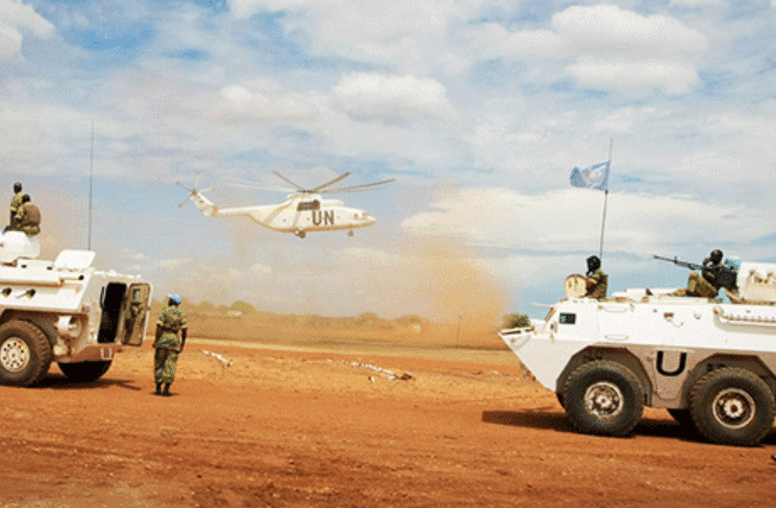
Saving U.N. Peacekeeping: High Stakes for the U.S.
As America and its allies confront a widened war in Syria, the refugee exodus to Europe, and terrorist violence in Paris, Beirut and Mali, we must treat the roots, not just symptoms, of these catastrophes. That will require an urgent repair of our world’s main tool for addressing violent conflict—the increasingly overwhelmed United Nations peacekeeping system.
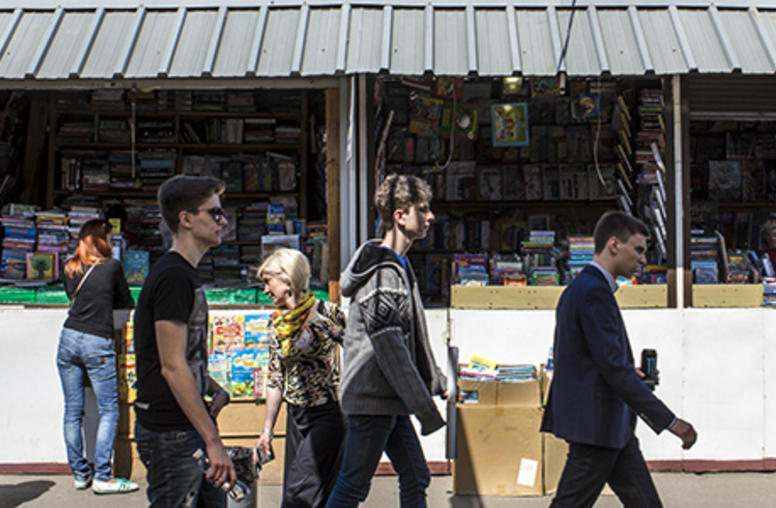
Action, Not Words, Needed to Improve Ukraine's Investment Climate
Ukraine must not remain a country of great but unrealized potential. The International Monetary Fund package and other foreign assistance are helping stabilize Ukraine’s economy, but only an attractive business climate can result in the level of investment that will truly transform the country for the long term.
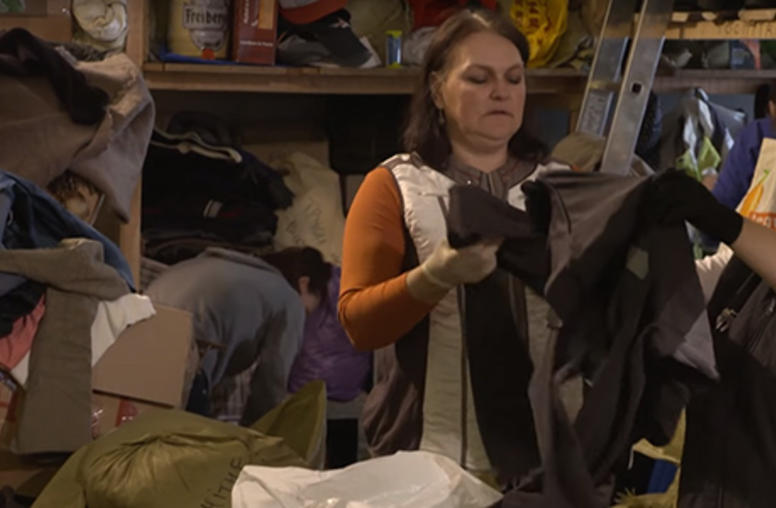
Europe’s Refugee Crisis Shows Ukraine’s Resilience
With Europe awash in more than a half-million refugees from Middle Eastern and other wars, it might be easy to overlook Ukraine’s response to its own population—nearly three times the size, at 1.5 million—displaced by the Russian-backed war in the east.
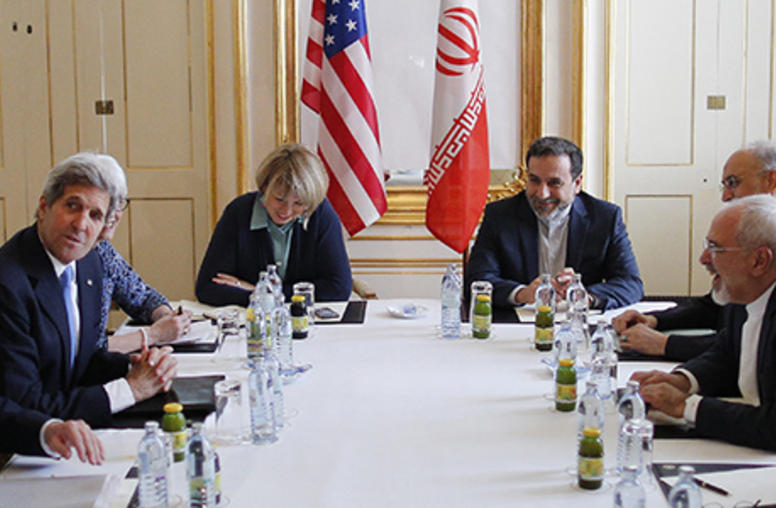
The Iran Nuclear Deal: Pitfalls and Promises
The debate swirling around the historic nuclear deal reached by Iran and the world’s six major powers this month played out among two nuclear experts, a sanctions specialist and an Iran scholar during an event co-hosted by USIP at the Woodrow Wilson International Center for Scholars yesterday. The discussion outlined many of the issues that will top agendas in Washington and Tehran as lawmakers in both countries consider the agreement in the coming months.
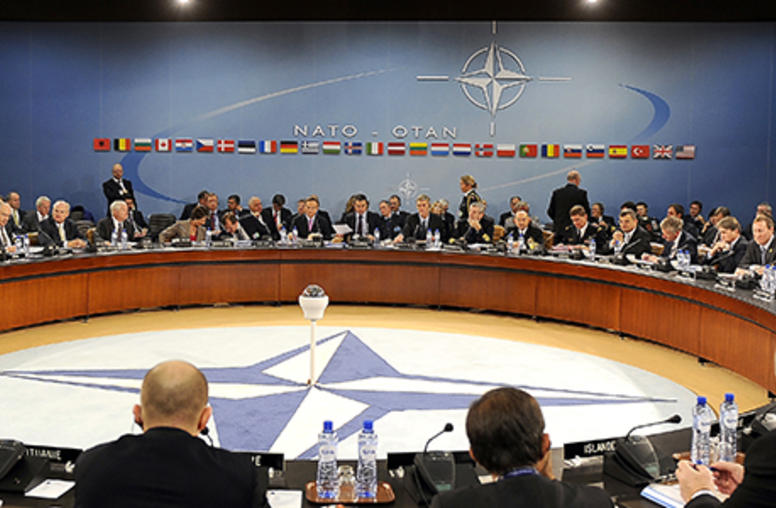
U.S.-Turkey Dialogue: Ideas to Curb the Spread of WMD
The strategic implications of the July 14 Vienna accords on Iran’s nuclear program are a matter of considerable concern not only to the Arab Gulf States and Israel, but also to the only Middle East/European member of NATO: Turkey. That country’s leaders must now assess the implications of the nuclear agreement for their own security, and even more so, for what has often been a rocky relationship with the United States.
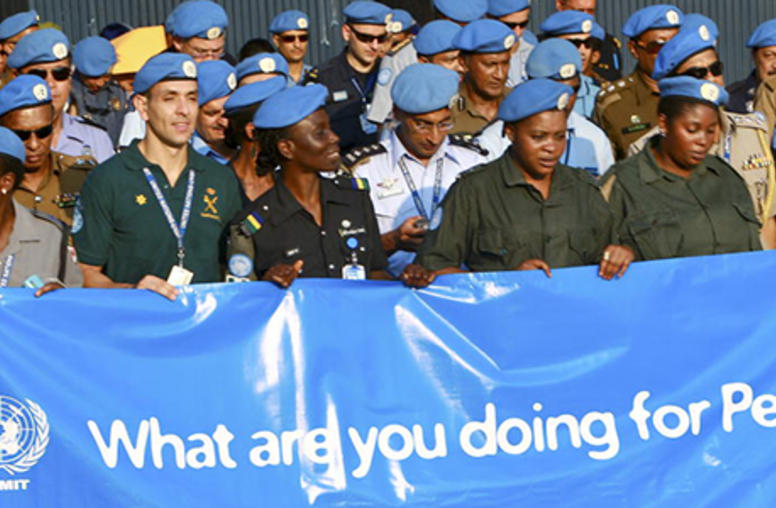
Crucial U.N. Peacekeeping Is Stretched to 'Absolute Limits'
The alarming state of the overtaxed United Nations peacekeeping system endangers human rights, genocide prevention, development and the prospects for sustainable peace, USIP board Vice Chairman George Moose told an audience June 5 at the annual membership meeting of the United Nations Association of the National Capital Area.
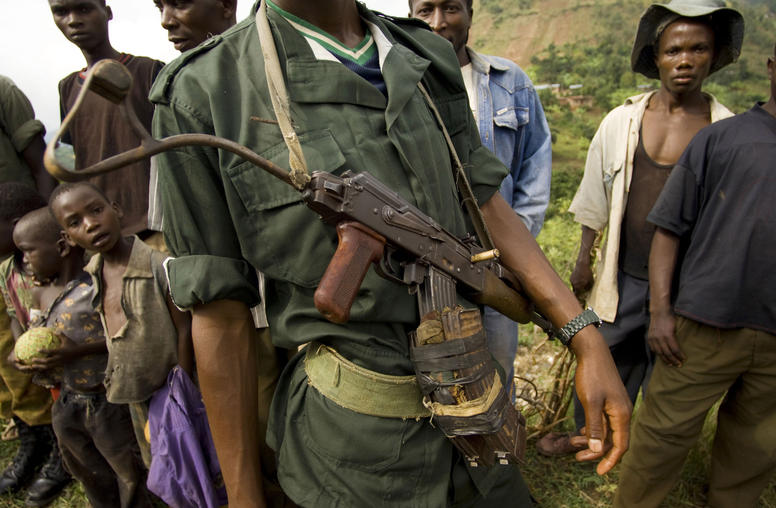
Burundi Unrest Evokes Hurdles for U.S. in Preventing Threats
The attempted coup in the tiny African country of Burundi, after weeks of unrest that has killed more than 20 people, provided immediate examples of quandaries for peacebuilding during a discussion at USIP this week: how U.S. diplomacy can emphasize prevention to counter threats, and how best to support young people to deter dangerous forms of extremism.
Diplomats, Aid Workers Must Take Risks to Reduce Conflict, New U.S. Blueprint Says
America’s new diplomatic and foreign-aid blueprint places top priority on the need to prevent and resolve violent conflict and strengthen governance in an effort to restore a measure of global stability. But to accomplish those objectives, the plan’s authors also stressed that U.S. government agencies, together with Congress, must directly accept and address the inherent risks to the civilian workers who carry out those missions.
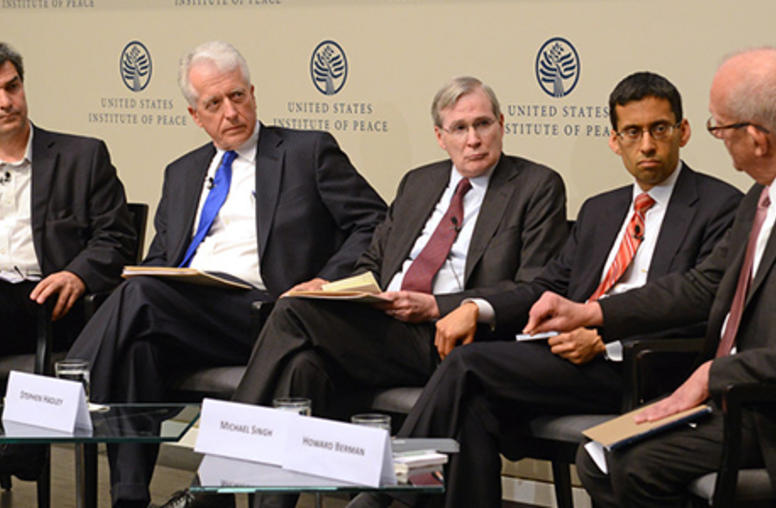
Will U.S., Iranian Politics Undercut a Nuclear Deal – or Save It?
A former Iranian lawmaker and a former member of Congress agreed that the question of whether American politics will give President Barack Obama the leeway he needs to reach a nuclear deal with Iran remains one of the central issues as negotiations resume this week. The Middle Eastern nation and the world’s six major powers face a June 30 deadline for converting a blueprint into a final agreement.
Why Ukraine Matters and Why the U.S. Should Help
Last year’s unexpected Russian invasion and annexation of Crimea and its hybrid war in eastern Ukraine raise profound questions about the future of European security and the U.S. role in maintaining peace, says USIP Acting Executive Vice President Bill Taylor.